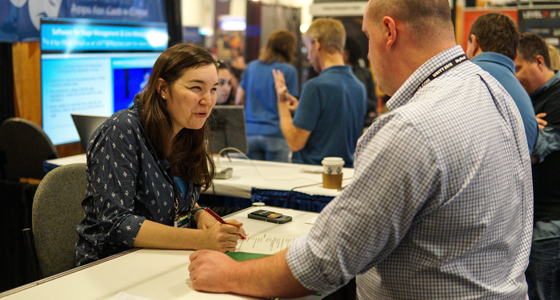Q: Dr. Ima, I have an interview for a position at a university. What are some things I should do to prepare? HELP!
A: Getting ready for a job interview at an academic institution requires all the same preparation as any other, with the addition of a few specific steps to give you an edge.
1. Read the bios of the faculty. Most academic websites host detailed bios or even the full C.V.’s of the faculty. Research the faculty’s current work as well as their individual academic histories. You never know the connections that you might be able to uncover between yourself and other faculty/colleagues with whom you have worked or shared projects and places of employment.
2. Research the administration. While you are looking around on the school’s website, check out the President, Provost, Board of Trustees, Dean and other “higher ups” in the administration. You don’t need to be as thorough in your study of these folks, but knowing the key players names can prove helpful.
3. Most institutions are quite proud of their history, so take some time to find out things like when the institution was founded, what they consider their points of pride, and any current major projects underway on campus. Demonstrating that you have done your own homework about your potential employer sets you apart from other candidates.
4. Know the name of the sports team and their current record. Even if you are not a fan of sports, athletic programs are strongly associated with most colleges and universities. Don’t try to memorize as much detailed information on this front, but being oblivious to a recent win, loss, or scandal can indicate an unintentional disinterest in the job that you are seeking.
5. Research the community where the school is located. Check out sites like the convention bureau, Chamber of Commerce, and local arts council. The information that you gather about the quality of life in a new city may also inform you about whether you chose to take the job when offered. Knowing about the location and related activities also give you some non-job-specific topics to talk about when traveling or at meals.
6. Become familiar with the types of facilities used by the school and their typical programming. Learning the names of primary performance venues and having a working knowledge of current and past seasons can also provide insight into the scale and scope of the program in which you might engage as a new employee.
Knowledge is power and with just a little investment of your time in advance of an interview, you can greatly enhance your personal power and speak from a level of greater confidence while pursuing a job in the academy.
